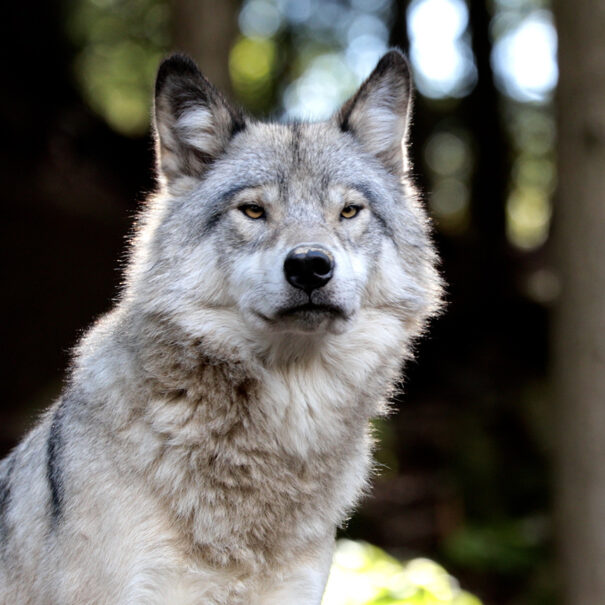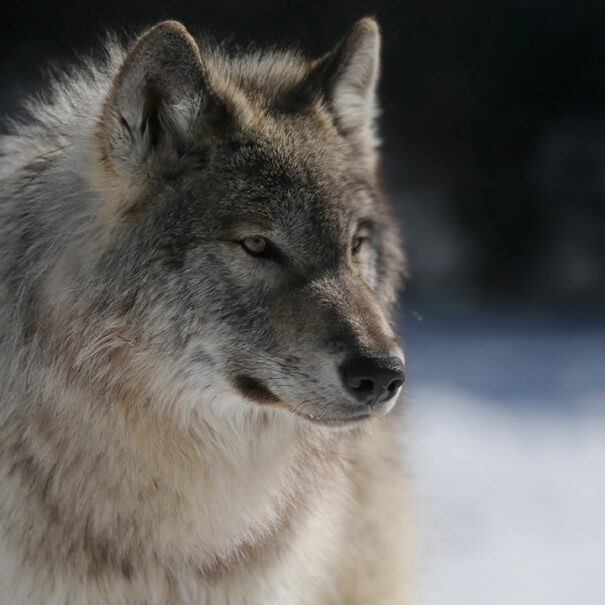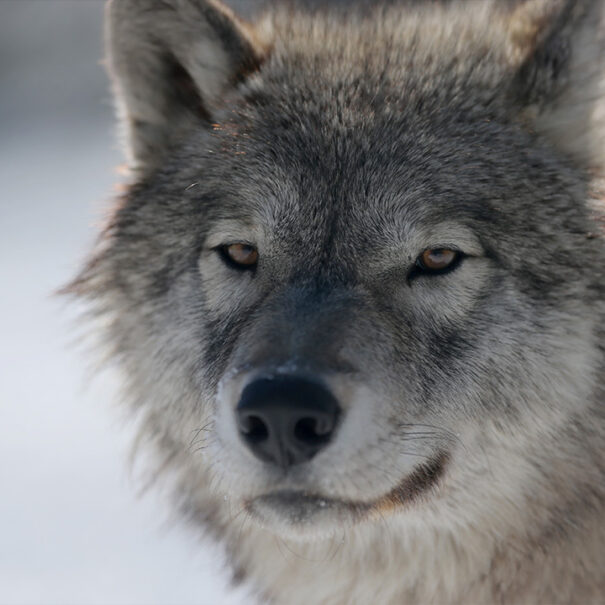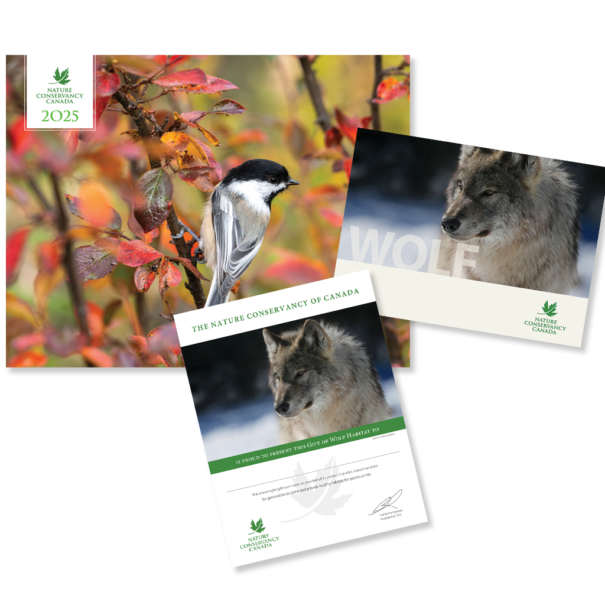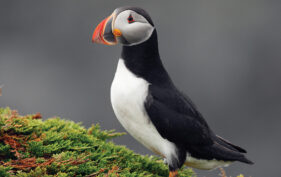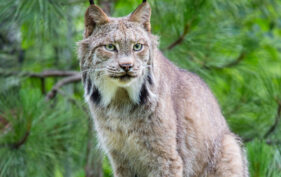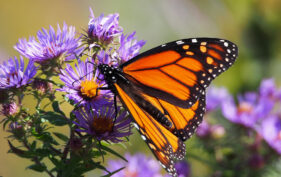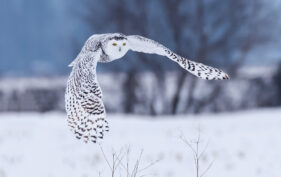Wolf
The largest wild member of the dog family, wolves are social animals and generally live in packs of three to seven individuals. Two centuries ago, wolves were the most widely distributed mammal, found over large areas of the northern hemisphere. Today, their habitat has been reduced due, in part, to the loss of large wilderness areas.
Gift details
Digital download includes:
- Digital species booklet
- Digital full-colour certificate
- Informational video
Physical package includes:
- NCC bilingual logo buff
- Species booklet
- Full-colour certificate
Need to ship to multiple addresses? Visit the FAQ page for more information.
Your Gift in Action
Your gift will conserve critical habitats and ensure a future for species at risk. It will also build healthier, more resilient ecosystems that provide essential benefits and services to people and their communities, while countering the effects of climate change and biodiversity loss.
Since 1962, NCC has brought Canadians together to conserve and restore more than 15 million hectares, coast to coast to coast. But we must do more faster and accelerate the pace of conservation. Every gift and donation counts.
Wolf
The largest wild member of the dog family, gray wolves can weigh up to 75 kilograms and, in the wild, live up to 15 years old. Wolves are social animals and generally live in packs of three to seven individuals. Each pack is led by a dominant male and his mate, a breeding female. Each pack member has their own role in the hierarchy, which is displayed through caressing, wrestling, tail wagging and other behaviours.
During breeding season, females live with their pups in a den or under a shelf or rock. The pack protects her while she nurses and, sometimes, lower-ranked wolves will babysit while the parents hunt for food. Wolves eat mainly deer, elk and moose, although they’ll also eat smaller mammals, birds, fish, lizards, snakes and fruit. When hunting large prey, wolves either take turns chasing it to tire it, or they split up and ambush it. A single wolf can eat up to nine kilograms of meat in one sitting. Pups remain in their parents’ packs for two to three years, then some leave to join other packs or start their own.
Two centuries ago, wolves were the most widely distributed mammal in the northern hemisphere. Today, their habitat has been reduced due, in part, to the loss of large wilderness areas.
Photo 1: Credit NA. Photo 2: Photo by Mike Dembeck. Photo 3: Photo by Mike Dembeck

